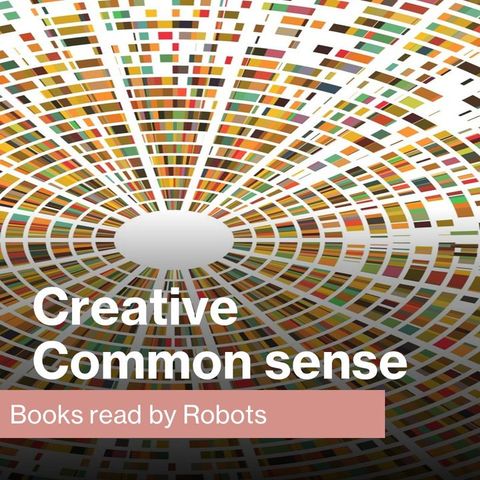Defaults are not a panacea: distinguishing between default effects on choices and on outcomes (audio reupload)

Sign up for free
Listen to this episode and many more. Enjoy the best podcasts on Spreaker!
Download and listen anywhere
Download your favorite episodes and enjoy them, wherever you are! Sign up or log in now to access offline listening.
Description
Recently, defaults have become celebrated as a low-cost and easy-to-implement nudge for promoting positive outcomes, both at an individual and societal level. In the present research, we conducted a large-scale...
show moreCorresponding author: David A. Kalkstein, email: dave.kalkstein@gmail.com
This is an Open Access article, distributed under the terms of the Creative Commons Attribution licence (http://creativecommons.org/licenses/by/4.0/), which permits unrestricted re-use, distribution and reproduction, provided the original article is properly cited.
Kalkstein, D., De Lima, F., Brady, S., Rozek, C., Johnson, E., & Walton, G. (2022). Defaults are not a panacea: Distinguishing between default effects on choices and on outcomes. Behavioural Public Policy, 1-16. doi:10.1017/bpp.2022.24
https://www.cambridge.org/core/journals/behavioural-public-policy/article/defaults-are-not-a-panacea-distinguishing-between-default-effects-on-choices-and-on-outcomes/A9CDEBE021D23C750E14F58C03D2DD83
Information
| Author | Miranda Casturo |
| Organization | Miranda Casturo |
| Website | - |
| Tags |
Copyright 2024 - Spreaker Inc. an iHeartMedia Company
